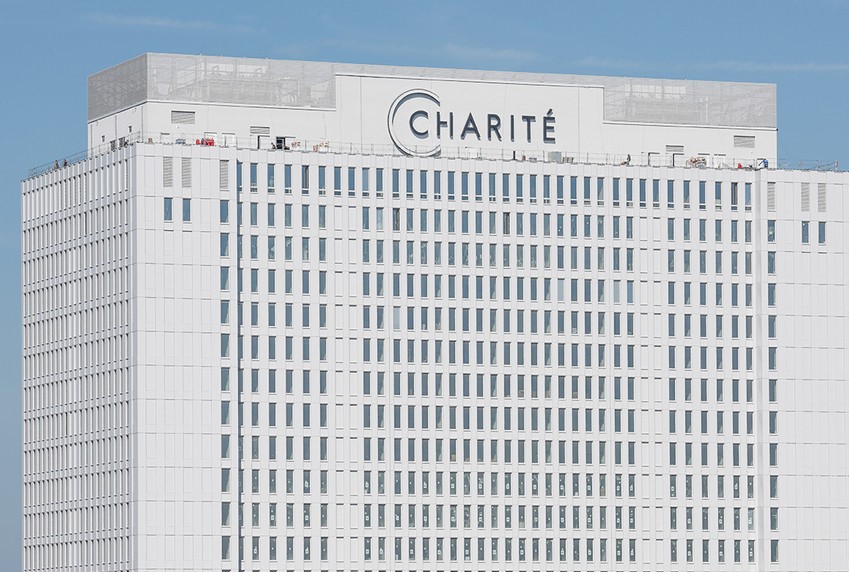“Clinical findings indicate poisoning with a substance from the group of cholinesterase inhibitors,” a statement from the Charité hospital in Berlin said. “The specific substance involved remains unknown, and a further series of comprehensive testing has been initiated,” the statement added.
Cholinesterase inhibitors are chemical compounds used in pesticides, human medicines but also as chemical weapons. An entire group of deadly nerve gases, substances called Novichok, are also cholinesterase inhibitors.
Novichok has allegedly been used by Russian agents who tried to kill former Russian military intelligence officer Sergei Skripal and his daughter in Salisbury, U.K., in 2018.
After initially resisting the idea, Russian doctors allowed the comatose anti-corruption activist to be transferred on Saturday to Berlin on a plane equipped with an intensive care unit and sent by the German foundation Cinema for Peace.
The aircraft picked Navalny up in Omsk, Siberia, where he was initially admitted to a hospital after his commercial flight from Tomsk to Moscow had to make an emergency landing because he fell ill. His team previously said he had a cup of tea at the airport before boarding.
Navalny’s spokesperson Kira Yarmysh tweeted that he was accompanied on the flight to Berlin by his wife, Yulia Navalnaya.
The Charité hospital said Navalny went through extensive diagnostic evaluation since he arrived and is now being treated with the antidote atropine while he remains in a medically induced coma.
“The effect of the poison – namely, the inhibition of cholinesterase in the body – was confirmed by multiple tests in independent laboratories,” the hospital said, adding that Navalny’s prognosis remains unclear and that long-term effects cannot be excluded.
Navalny has previously been threatened, arrested, beaten and fined for his work on exposing corruption in Russia.
A report by the Russian tabloid Moskovsky Komsomolets suggested on Monday that Navalny was followed by the FSB, the Russian surveillance agency, during his trip to Siberia. The newspaper cited unnamed security officials admitting to have followed the activist.
Navalny’s team said they have filed a complaint for poisoning at the police of Tomsk.

